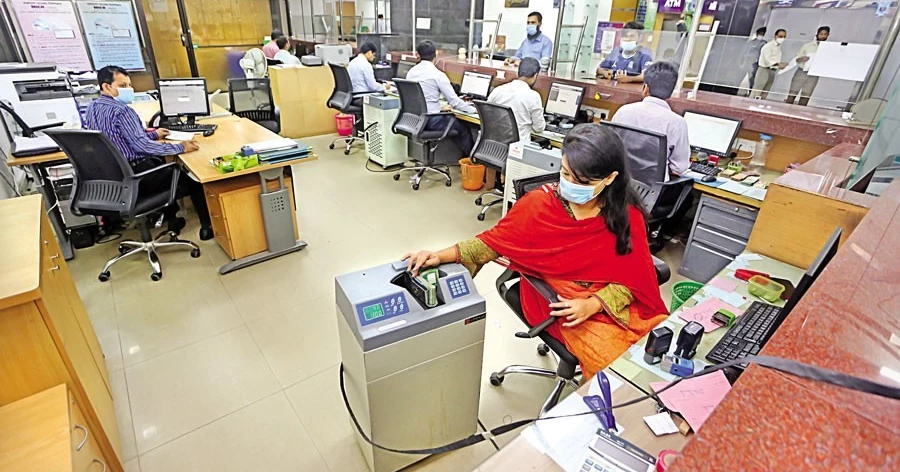Bangladesh is set to return to business on Sunday following a rare 10-day holiday marking Eid-ul-Adha—its second major festival this year—leaving large parts of the economy at a near standstill.
Despite limited enthusiasm from workers and clear concern from businesses, the extended Eid vacation, the second in just over two months after a similarly long Eid-ul-Fitr break, saw most sectors—including manufacturing, trade, and services—grind to a halt.
Government offices, factories, ports, and retail businesses are now preparing to resume operations amid busy roads and returning city crowds.
The unusually long holiday, stretching for over one and a half weeks, has been both a welcome break for workers and a significant setback for industries.
Many professionals say they cannot recall such a lengthy absence from work occurring so soon after a previous extended holiday.
Holidaymakers expressed delight at the rare opportunity to relax. Mynul Hasan, a supervisor at an apparel factory, said he had never felt so rested in his 12-year career.
However, for the country’s flagship export sectors—particularly the ready-made garment (RMG) industry—the break has come at a cost.
A 10-day production halt has been estimated to result in export losses of over a billion dollars. When accounting for forward and backward linkage industries, the revenue impact reaches multiple billions.
While emergency services and production of essential goods continued at reduced capacity, most non-essential manufacturing ceased operations.
The Bangladesh Bank ensured limited banking services to support exporters, importers, and seasonal traders during the break.
Abu Mostakim, general manager for administration and compliance at Pakiza Knit Group, told TIMES of Bangladesh that the lengthy holiday was not anticipated during the annual production planning.
“To meet shipment deadlines, many factories kept some teams working, but port closures and limited cargo handling at Chattogram caused additional delays,” he said, speaking from his hometown before returning to Dhaka.
To compensate for lost time, many RMG units imposed heavier workloads before and after the holiday.
Dhaka Chamber of Commerce and Industry (DCCI) President Taskeen Ahmed expressed concern, saying such prolonged breaks should be avoided due to their substantial economic consequences.
“While rural and household economies may enjoy short-term boosts from increased local spending, sectors like trade, transport, and exports effectively come to a standstill,” he said.
Key activities—such as port operations, land port trade, and urban commerce—were severely disrupted. Chattogram Port experienced congestion and backlogs due to slowed cargo handling.
A recent DCCI study during a prior economic shutdown estimated daily GDP losses at $949 million (Tk 10,434 crore), equating to 0.21% of GDP.
Over a 10-day span, this adds up to nearly $9.5 billion or 2.1% of annual GDP. While the economy was not fully shut down this time, the actual losses are expected to remain substantial.
“Despite the scale of the impact, there was no meaningful consultation with the business community before the extended break was declared,” the DCCI president noted.
He urged the government to engage in dialogue with stakeholders before making decisions that significantly affect national productivity.


